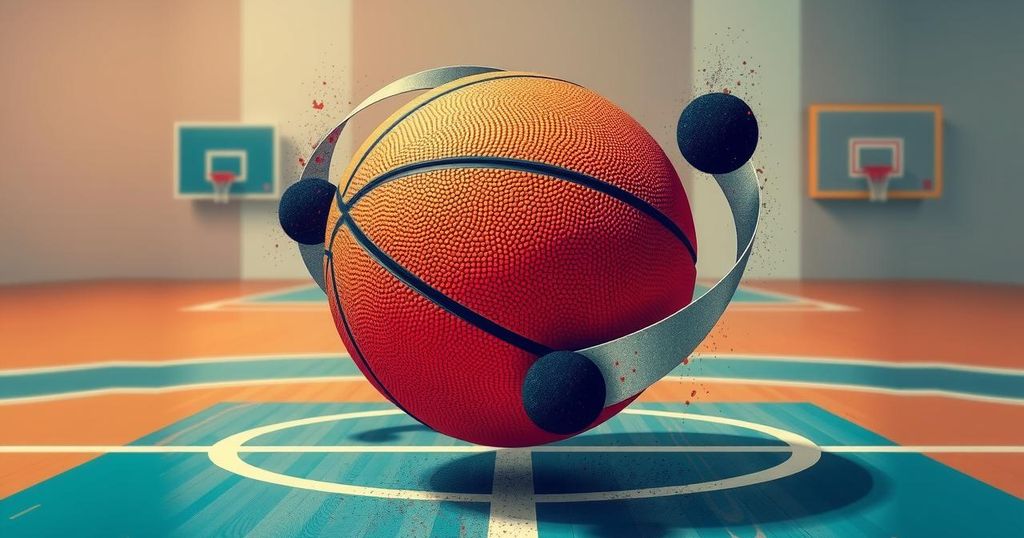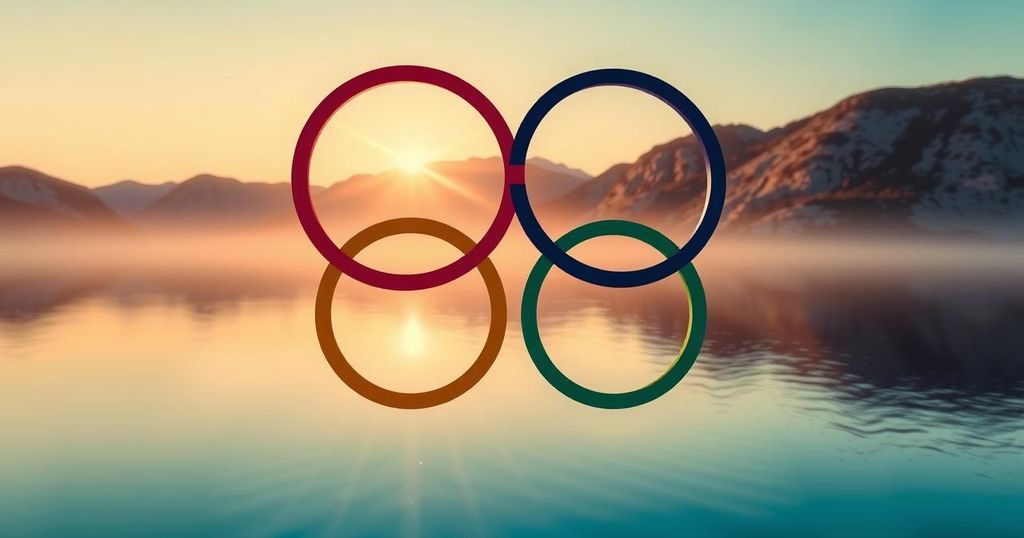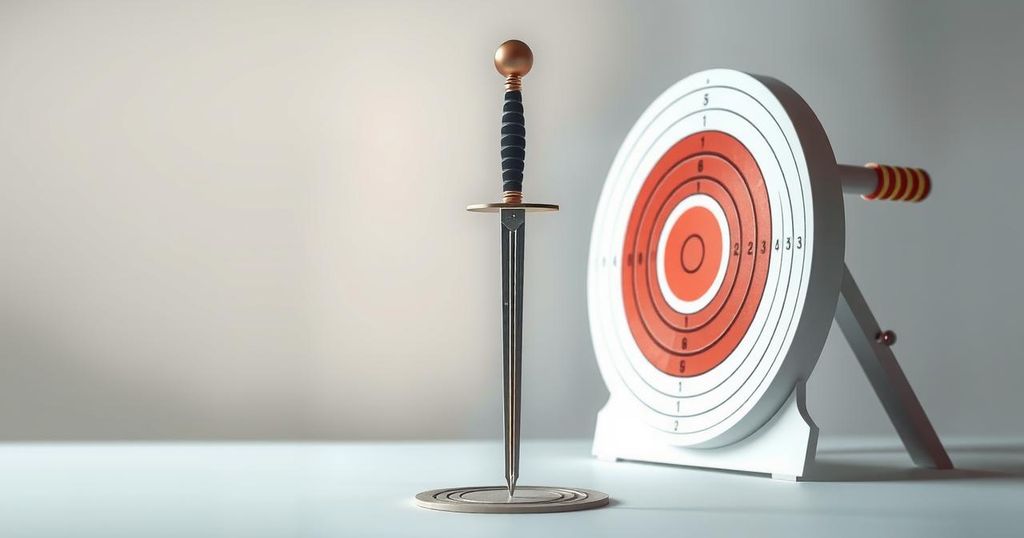Paris 2024 Olympic Weightlifting: A Showcase of Strength and Skill
Summary
At the Paris 2024 Olympic Games, weightlifting featured dramatic competitions amidst new regulations that reduced weight categories and athlete quotas. Chinese lifters showcased exceptional talent, while emerging stars from other nations made their mark with historic performances. The events set records and paved the way for future competitions as the Olympic landscape evolves.
In the realm of Olympic Weightlifting at the Paris 2024 Games, the sport showcased exhilarating performances, marked by remarkable battles for medals, new Olympic records, and notable controversies. Significant changes have transformed Olympic Weightlifting since the previous Tokyo Games, including a reduction of weight categories from 14 to 10 and a decrease in athlete participation from 196 to 120 competitors. Consequently, national quotas have limited representation, with countries now able to qualify only three male and three female lifters. Highlighting the men’s events, the 61kg category saw China’s Li Fabian dominate, setting an Olympic Record of 143kg in the Snatch and claiming gold with a total lift of 310kg. The USA’s Hampton Morris also made history by securing bronze, marking the country’s first men’s weightlifting medal since 1984. In the women’s 49kg division, China’s Hou Zhihui emerged victorious after overcoming initial setbacks, concluding with a record Clean and Jerk lift of 117kg. The women’s 59kg competition was particularly thrilling, with six Olympic Records shattered, culminating in Luo Shifang of China winning gold with a total of 241kg. The men’s 73kg category presented an unexpected twist as top contender Shi Shiyong from China faltered in the Clean and Jerk, allowing Indonesia’s Rizki Juniansyah to claim gold with a new Olympic Record of 199kg. Furthermore, the men’s 89kg competition saw Bulgarian lifter Karlos Nasar break records with a total lift of 224kg in the Clean and Jerk, while women’s 71kg witnessed Olivia Reeves of the USA set new Olympic records, capturing the hearts of spectators. In the 102kg category, Chinese lifter Liu Huanhua emerged victorious, while Solfrid Koanda from Norway claimed gold in the women’s 81kg division. The competition climaxed in the men’s 102kg+ weight class where Georgia’s Lasha Talakhadze defended his title in a nail-biting encounter. The women’s 81kg+ category concluded with China’s Li Wenwen taking gold and Great Britain’s Emily Campbell securing bronze, representing a major milestone for British weightlifting. As the Olympic Games advance towards the 2028 Los Angeles Games, further changes may impact the sport, particularly with North Korea potentially reentering the competition. It is hoped that weight categories and athlete quotas do not undergo further reductions, preserving the integrity of Olympic Weightlifting.
Olympic Weightlifting is a highly celebrated event within the Olympic Games, characterized by the lifting of maximum weights in two disciplines: the Snatch and the Clean and Jerk. Historically, this sport has undergone various changes concerning the number of weight categories and athlete participation, fomenting substantial strategic adjustments by national coaches and athletes alike. The Paris 2024 Games marked a significant turning point, reflecting these adjustments and also illuminating emerging talents alongside established champions. Conducted amidst an atmosphere of international scrutiny and competitive spirit, the events from Paris will influence future Olympic competitions and athlete management strategies.
The Paris 2024 Olympic Weightlifting events were defined by impressive performances and record-breaking achievements amidst significant structural changes in the sport. Notable athlete breakthroughs, such as those from the United States, Indonesia, and Norway, alongside enduring dominance from China, have set a thrilling precedent for future competitions. With potential changes on the horizon for the Los Angeles 2028 Olympics, the sport’s evolution continues to unfold, signaling exciting developments for both participants and spectators alike.
Original Source: roarnews.co.uk







Post Comment